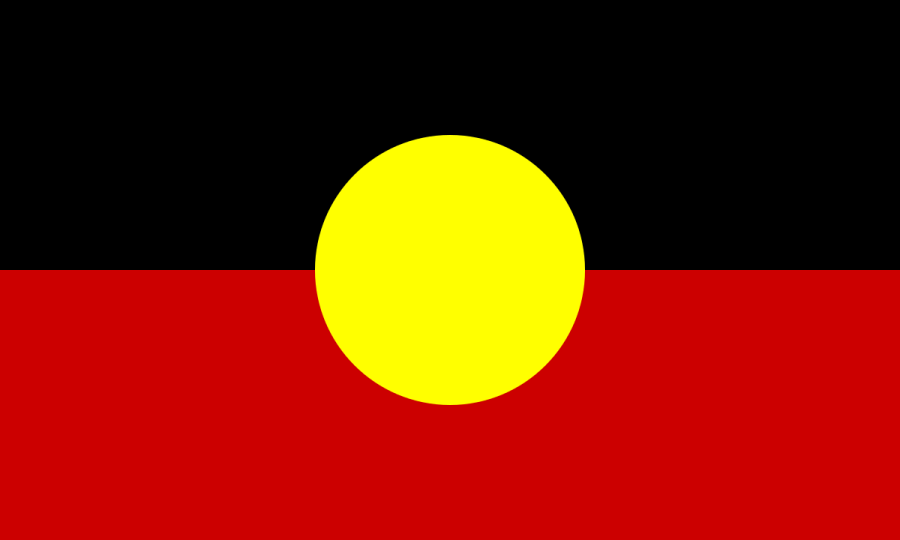The e-mail subject line read, “And then there were three . . . .” Curious, I clicked it open and my jaw dropped: twenty months after vigorously opposing the United Nations Declaration on the Rights of Indigenous Peoples—along with the United States, Canada, and New Zealand—Australia had committed itself to this “framework that fully respects Indigenous Peoples’ rights and creates the opportunity for all Australians to be truly equal.”
Australia’s minister for families, housing, community services, and indigenous affairs, Jenny Macklin, formally announced the government’s change of heart in Canberra on April 3, 2009. In doing so, she spoke about a letter she had received from an Aboriginal woman who told her she was moved to tears by the news that Australia planned to endorse the declaration. “Many of our old people, our elders and leaders, including the heads of our families and clans,” the woman wrote, “know that closing the gap is not just about bricks and mortar. It is about self-esteem, pride, acceptance, and a recognition of the humanity of our peoples.”
Macklin made clear in her address that the flawed policies of Australia’s past will never be re-visited. Indigenous Peoples and individuals will not to be subjected to forced assimilation or destruction of their culture; they will not be forcibly removed from their lands or territories; and they will have the opportunity to develop and drive solutions to achieve real, lasting change.
She also paid tribute to the Indigenous Australians whose leadership and efforts were central to the UN adoption of the declaration. At the top of her list was Cultural Survival board member Les Malezer of the Gabi Gabi community, who chaired the International Indigenous Peoples’ Caucus, the indigenous coalition that bore the laboring oar for passage of the declaration. Les’s work on the declaration also was recognized in December, when he was awarded the Australian Human Rights Commission’s 2008 Human Rights Medal. As commission president Catherine Branson noted in honoring him, “Les’s efforts stood out for his sheer capacity to overcome seemingly insurmountable barriers in improving access to justice and human rights for Indigenous Peoples worldwide.”
It is never easy to identify the specific trigger that leads to a major policy shift: an increase in the quantity or quality of media coverage, a change of government, intensive campaigning, and/or an especially charismatic or persistent individual leading the charge. All contribute, but true change expands over time. The aim of those who champion human rights is not to declare victory, but to remain vigilant. For even when significant positive policy shifts occur, it can take years, and sometimes generations, for them to be fully implemented. In the meantime, it is essential to guard against backtracking or neglect.
Still, the news from Australia is worth celebrating. And there was more: a day after receiving the “And then there were three” e-mail, I received another e-mail, headed “Then there will be two?” It was an announcement that New Zealand was looking at Australia’s interpretation of the UN declaration to see whether it is applicable to New Zealand.
The time for equivocation over Indigenous Peoples’ rights is long past. It is time for New Zealand, Canada, and the United States of America to follow Australia’s lead in embracing the declaration.

